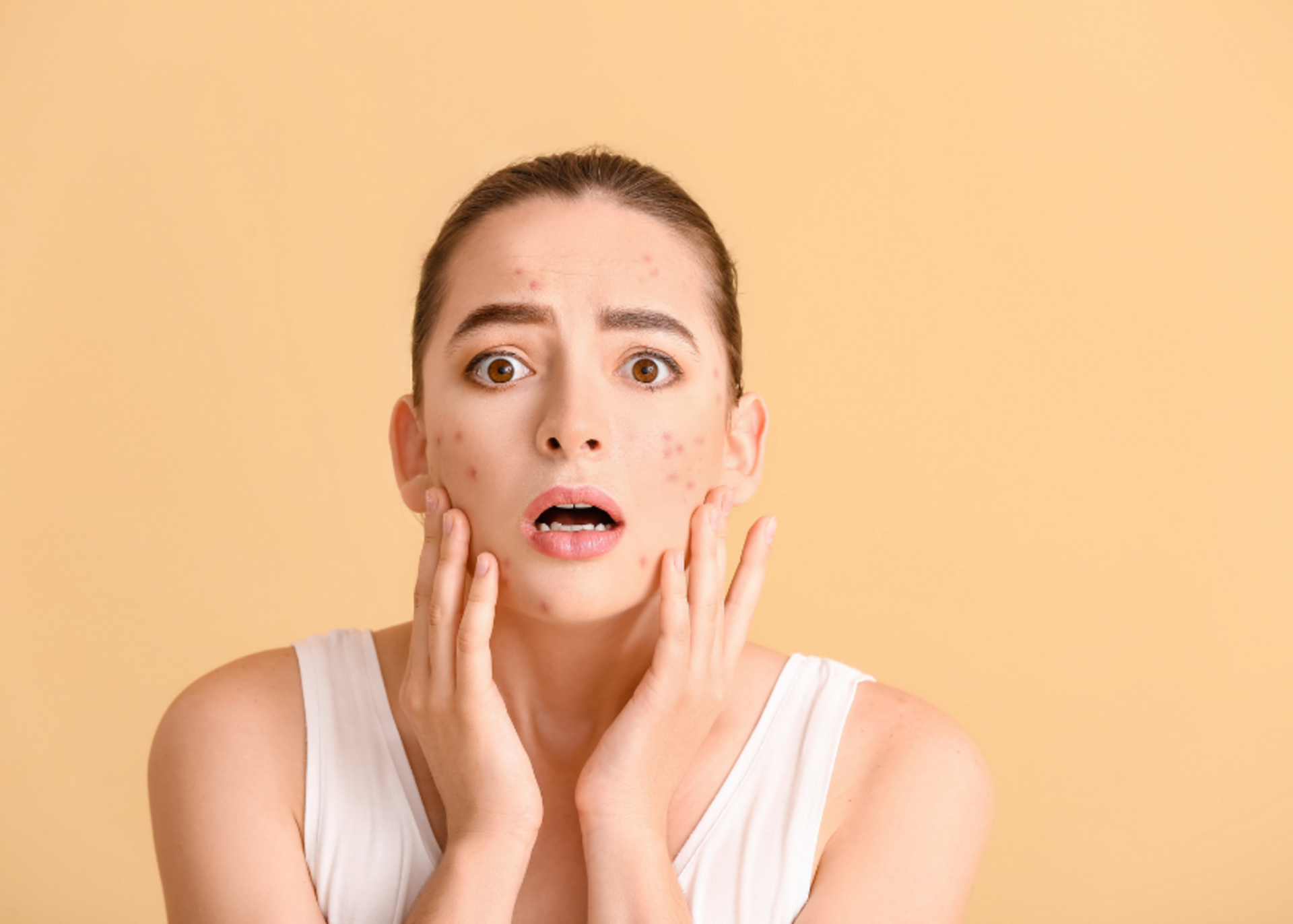Acne is one of the most common skin conditions, affecting individuals of all ages. While it is often associated with adolescence, many adults also struggle with persistent breakouts. Acne not only impacts physical appearance but can also affect self-confidence and emotional well-being. Dr. Sandhya Hippargekar, a leading Consultant Cosmetologist & Dermatologist in Katraj Ambegaon, Pune, shares insights into the causes, treatment options, and prevention strategies for acne.
Understanding Acne
Acne occurs when hair follicles become clogged with oil (sebum), dead skin cells, and bacteria. This results in various types of breakouts, including whiteheads, blackheads, pimples, and cystic acne. Acne commonly appears on the face, chest, back, and shoulders.
Causes of Acne
Several factors contribute to acne formation, including:
- Excess Oil Production: The sebaceous glands in the skin produce oil to keep it moisturized, but excessive sebum can clog pores and lead to breakouts.
- Clogged Hair Follicles: Dead skin cells and oil can block hair follicles, causing whiteheads and blackheads.
- Bacterial Infection: The bacteria Propionibacterium acnes (P. acnes) thrive in clogged pores, leading to inflammation and pus-filled pimples.
- Hormonal Changes: Increased hormone levels during puberty, pregnancy, or menstrual cycles can trigger acne by stimulating excess oil production.
- Dietary Factors: Certain foods, such as dairy products and high-glycemic foods (sugary and processed foods), may worsen acne in some individuals.
- Stress: High stress levels can trigger hormonal imbalances, increasing the likelihood of breakouts.
- Use of Wrong Skincare Products: Heavy or oily skincare and cosmetic products can clog pores, exacerbating acne.
- Genetics: If acne runs in your family, you may be more prone to developing it.
Types of Acne
- Whiteheads: Small, closed clogged pores that appear as tiny white bumps.
- Blackheads: Open clogged pores that turn black due to oxidation.
- Papules: Small, red, inflamed bumps that do not contain pus.
- Pustules: Red, inflamed pimples filled with pus.
- Nodules: Large, painful, hard lumps under the skin caused by deep inflammation.
- Cystic Acne: Severe, painful, pus-filled lumps that can cause scarring.
Treatment Options for Acne
Dr. Sandhya Hippargekar recommends customized treatment plans based on the severity and type of acne. Treatment options include:
1. Topical Treatments
- Retinoids: Help unclog pores and promote cell turnover.
- Benzoyl Peroxide: Kills acne-causing bacteria and reduces inflammation.
- Salicylic Acid: Exfoliates the skin and helps clear clogged pores.
- Antibiotic Creams: Reduce bacterial growth and inflammation.
2. Oral Medications
- Oral Antibiotics: Used for moderate to severe acne to reduce bacterial infection and inflammation.
- Hormonal Therapy: Birth control pills and anti-androgen medications can help regulate hormone levels and control acne.
- Isotretinoin (Accutane): A powerful oral medication for severe acne, but requires close monitoring due to potential side effects.
3. In-Clinic Treatments
- Chemical Peels: Help exfoliate the skin, reduce oil production, and improve acne scars.
- Laser Therapy: Targets bacteria and reduces inflammation, improving acne over time.
- Microdermabrasion: Gently removes the outer layer of dead skin cells to unclog pores.
- Extraction Procedures: Performed by dermatologists to safely remove whiteheads and blackheads.
Preventing Acne: Skincare Tips
Preventing acne requires a consistent skincare routine and lifestyle modifications:
- Follow a Gentle Skincare Routine: Use a mild, oil-free cleanser twice a day to remove dirt and excess oil.
- Avoid Overwashing: Excessive washing can strip the skin of natural oils and cause irritation.
- Use Non-Comedogenic Products: Choose skincare and makeup products labeled as “non-comedogenic” to prevent clogged pores.
- Stay Hydrated: Drink plenty of water to keep your skin healthy.
- Avoid Touching Your Face: Touching your face transfers bacteria and oil, leading to breakouts.
- Limit Dairy and Sugary Foods: Some people experience acne flare-ups due to diet, so maintaining a balanced diet may help.
- Manage Stress: Practice stress-relief techniques like meditation, exercise, or yoga to reduce stress-induced acne.
- Use Sunscreen Daily: Sun exposure can worsen acne scars and cause hyperpigmentation. Always use a broad-spectrum sunscreen.
When to See a Dermatologist?
If acne is persistent, painful, or causing scars, it is important to consult a dermatologist. Dr. Sandhya Hippargekar specializes in advanced acne treatments and can design a personalized plan to help you achieve clearer skin.
Acne is a common but manageable condition. With the right skincare, lifestyle choices, and professional treatments, it is possible to reduce breakouts and prevent scarring. If you are struggling with acne, seeking expert guidance from a qualified dermatologist like Dr. Sandhya Hippargekar in Ambegaon, Pune, can help you achieve healthy and radiant skin.
